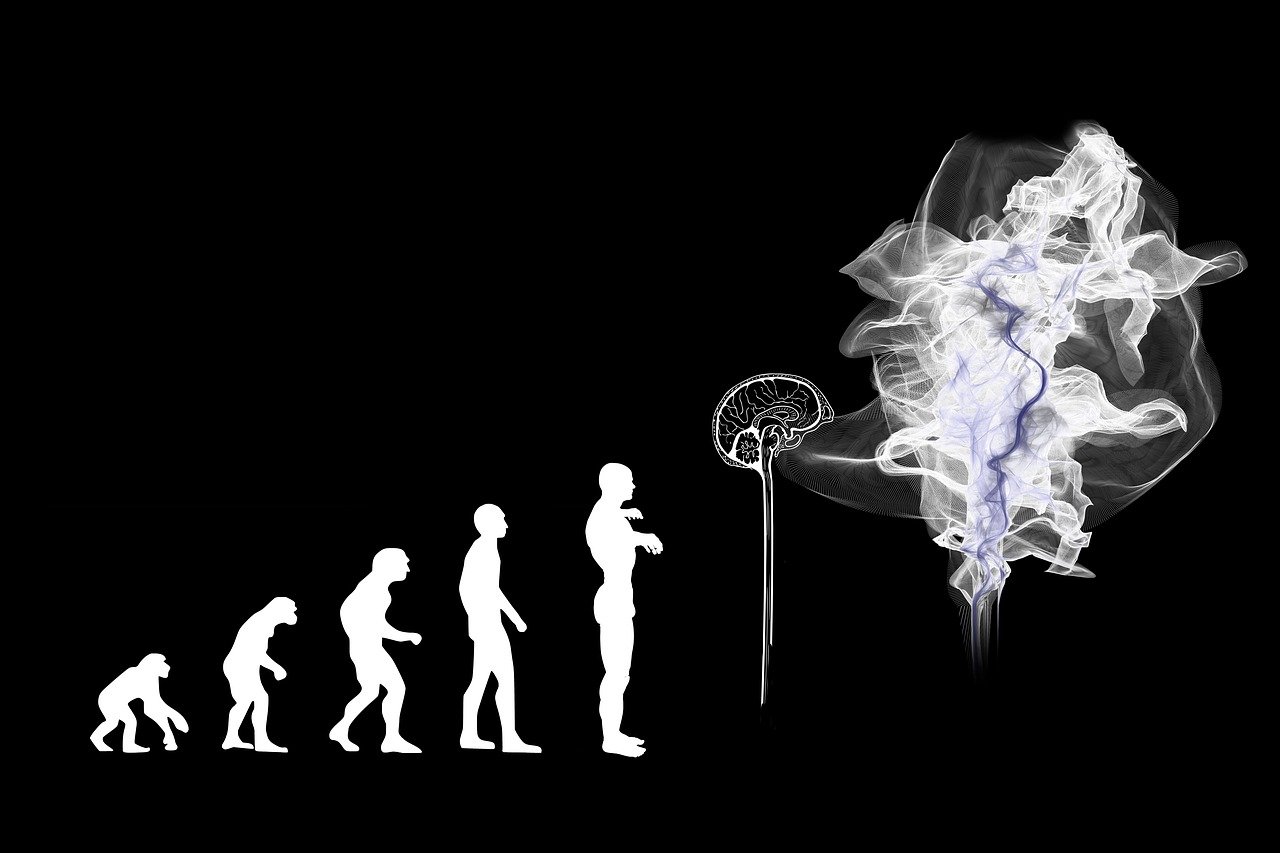Human history is now at the tip of a click. A large-scale database encompassing 3 million to 20,000 years of mankind’s early history has been launched. It gives access to numerous sites linked to our ancient past.
Scientists from ROCEEH (The Role of Culture in Early Expansions of Humans) have compiled data on 2,400 prehistoric sites and 24,000 assemblages, highlighting more than 100 ancient cultures. This extensive digital collection is available for free and was published in the journal PLoS ONE. The research centre resides at the University of Tübingen in Tübingen, Baden-Württemberg, Germany.
ROAD to the past
The ROAD (ROCEEH Out of Africa Database) is monumental. It’s one of the largest digital compendiums of archaeology, anthropology, paleontology and botany information. Dr. Andrew Kandel, University of Tübingen, says it’s based on 150 years of research. The team amalgamated data on cultural remains, human fossils, animal bones and plants into one geographical and chronological framework. This unified tool aids in analysing human evolution’s multifaceted nature.
Since 2008, an international team of six scientists and many research assistants have gathered this data. Over 5,000 publications in various languages were scrutinised. The available languages include Chinese, Russian, English, German, French, Italian, Spanish and Portuguese.
User-friendly insights
ROAD also features an easy-to-use map interface. It shows global site distribution and enables users to graphically present results of simple queries. Users can create their own map by choosing a specific culture, period or region. Additionally, a user can download a PDF “ROAD Summary Data Sheet” with a site summary.
The visualization shows that much of the prehistoric world remains uncharted. Sites with higher densities of assemblages are more intensely coloured.
Scientific applications and public access
“Scientists can use ROAD for advanced queries,” Dr. Kandel states. Queries can determine the presence of stone tools in Africa or specific animal distribution during glacier movements. Researchers can further study these large data quantities through various visualisation and analysis methods.
ROCEEH crafted ROAD to understand our human past more deeply. They examine culture and environment’s multifaceted relationship and observe its influence on human expansions. They’re offering this data free to the general public, students and researchers worldwide.
The data already reveals that much knowledge about our past stems from few regions like Southern and Eastern Africa, Europe, and Central and East Asia. Oceania was not part of this study. These blank areas hint at promising future discoveries about our species’ past in archaeology and anthropology.
—
If you are looking to enhance your data tools, you need experts in these fields. We have some of the top data science candidates at PL Talents. Speak to us today.

